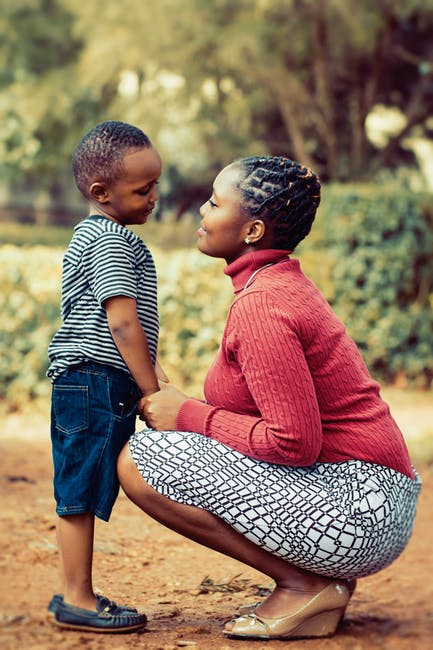A theme I’ve been noticing as I’ve been working with my clients is that everyone has developed behaviors/thinking patterns that are attempting to protect them, but tend to do the opposite and make problems worse. These protectors within us typically develop out of trauma or stress to defend against our fears or from emotional pain. They serve a purpose in our lives, whether or not that is clear to us. What tends to happen is we figure out, consciously or subconsciously, that these behaviors are keeping us safe. These methods of coping can range from our perspectives and how we approach problems, all the way up to addiction and self harming behaviors. Our minds and bodies don’t want us to fail. They want us to succeed and sometimes they do it in ways that aren’t healthy or helpful for us.
Sometimes we find ways to cope and keep us safe to later find they have become maladaptive or no longer helpful. For example, not communicating your feelings with a parent has kept you safe as a child because you knew your feelings would be dismissed. This WORKED in the past as a child. But as an adult can lead you closed off or avoidant in situations that require you to be authentic or vulnerable.
Some people turn to addiction to numb themselves from emotional pain or memories, others turn to isolation to guard them from people who may hurt them, some also have low expectations for themselves so we can avoid actual failure. These are all examples of how we protect ourselves in ways that actually harm us.
But it doesn’t have to be that way. Identifying the behaviors that are keeping us from progressing in life is the first step. Self awareness is key. Learning to understand your protectors, acknowledging them, and helping guide them to more healthy forms of protection will then help you replace the maladaptive behaviors with more healthy and helpful ones. This is not an easy task, and takes time and practice, just as your protectors have taken time to develop and practice the unhelpful behaviors. But it is possible, and you have all the skills within you to make it happen!






